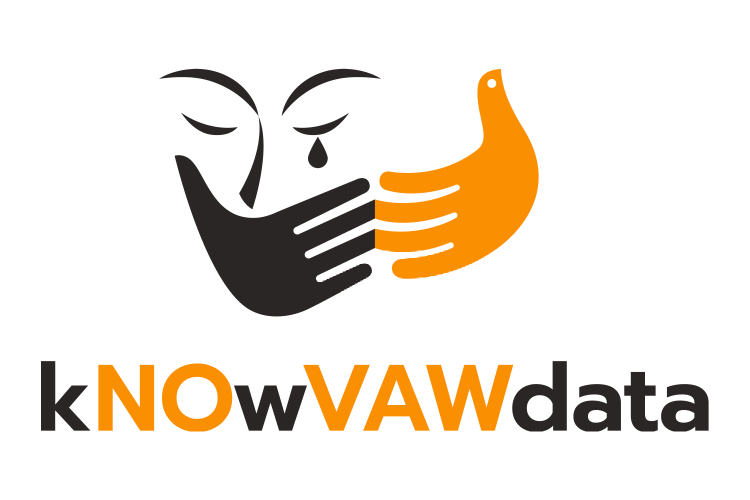Knowledge Hub

The Knowledge Hub provides links to resources supporting the measurement of violence against women and has been funded under the Pacific Spotlight Initiative. While starting with a primary focus on Pacific resources and global resources which are applicable for the Pacific region, the Knowledge Hub will continue under the UNFPA kNOwVAWdata initiative to support global knowledge exchange and a strong community of practice. The strength of this Knowledge Hub is the opportunity to share resources and support all regions of the globe.
If you would like to share links to be added to the Knowledge Hub, please send them to knowvaw-program@unimelb.edu.au.
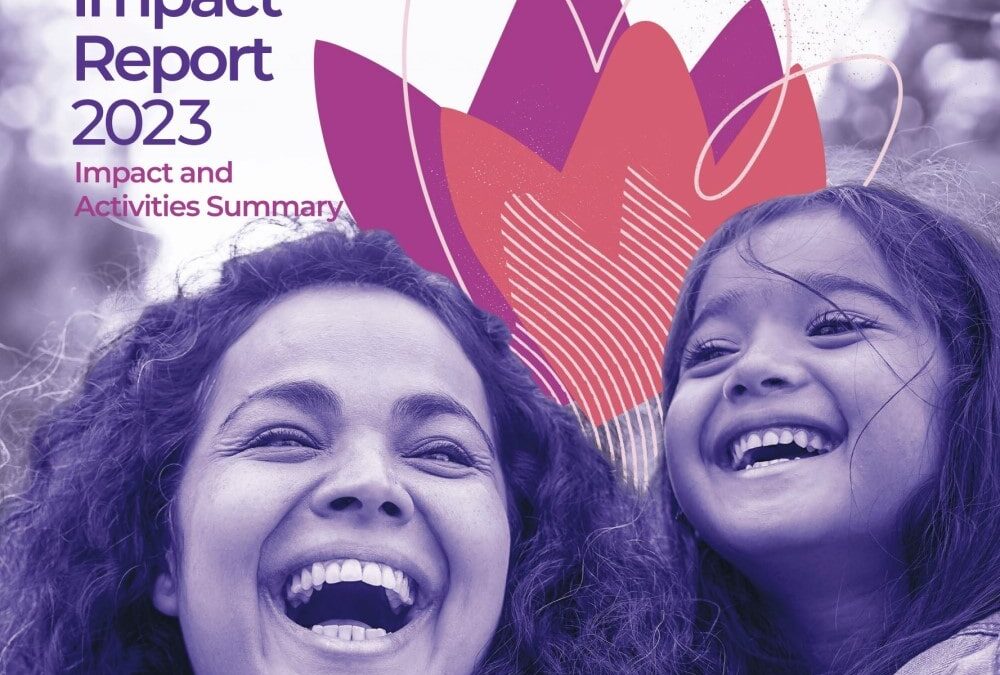
Annual Impact Report 2023 from Women’s Aid
Every year the Women’s Aid Annual Impact Report serves as a harrowing and poignant reminder of the level of domestic violence and abuse against women and children that prevails in homes and relationships across Ireland. Unfortunately, 2023 was no different. This report provides an insight into the coercive and controlling emotional, physical, economic, and sexual abuses inflicted upon women and their children at the hands of current and former intimate partners, whom we supported during just...
New Survey Methodologies in Researching Violence Against Women
This paper assesses the methodologies of the new national surveys of violence against women, including those in the US, Canada, Australia, Finland and the Netherlands, as well as the British Crime Survey. The development of large‐scale quantitative survey methodology so as to be suitable for such a sensitive subject has involved many innovations. The paper concludes with recommendations for further improvements including: the sampling frame, the scaling of both sexual assaults and range of...

Developing a measure of controlling or coercive behaviour
Initial research into new questions aimed at identifying controlling or coercive behaviour. These crimes are less likely to be reported to the police, therefore it is important we find an effective way to measure these offences. This will provide insight for policymakers, service providers and charities.
The Measurement of Domestic Abuse – Redeveloping the Crime Survey for England and Wales
The Crime Survey for England and Wales (CSEW) is a representative population survey that since the early 2000s has provided ongoing measurement of domestic abuse via a dedicated domestic abuse module, with regular publication of headline prevalence and other descriptive data. At the same time the measurement of domestic violence in the CSEW has also been the subject of ongoing debate and critique, in particular whether it is appropriate to use catch-all prevalence measures in the context of...

Integrating Gender-based Violence Interventions in Humanitarian Action: Reducing risk, promoting resilience and aiding recovery
The purpose of these Guidelines is to assist humanitarian actors and communities affected by armed conflict, natural disasters and other humanitarian emergencies to coordinate, plan, implement, monitor and evaluate essential actions for the prevention and mitigation of gender-based violence (GBV) across all sectors of humanitarian response.

Innovative Approaches to Gender-Based Violence Service Provision in Emergencies
Even in the most challenging settings, UNICEF delivers innovative solutions to strengthen availability, accessibility and quality of GBV response services. With the COVID-19 pandemic, UNICEF had to capitalize further on its innovations in order to reach women and girls and help them to seek for help despite the lockdowns and quarantine restrictions enacted by Governments to respond to the pandemic.
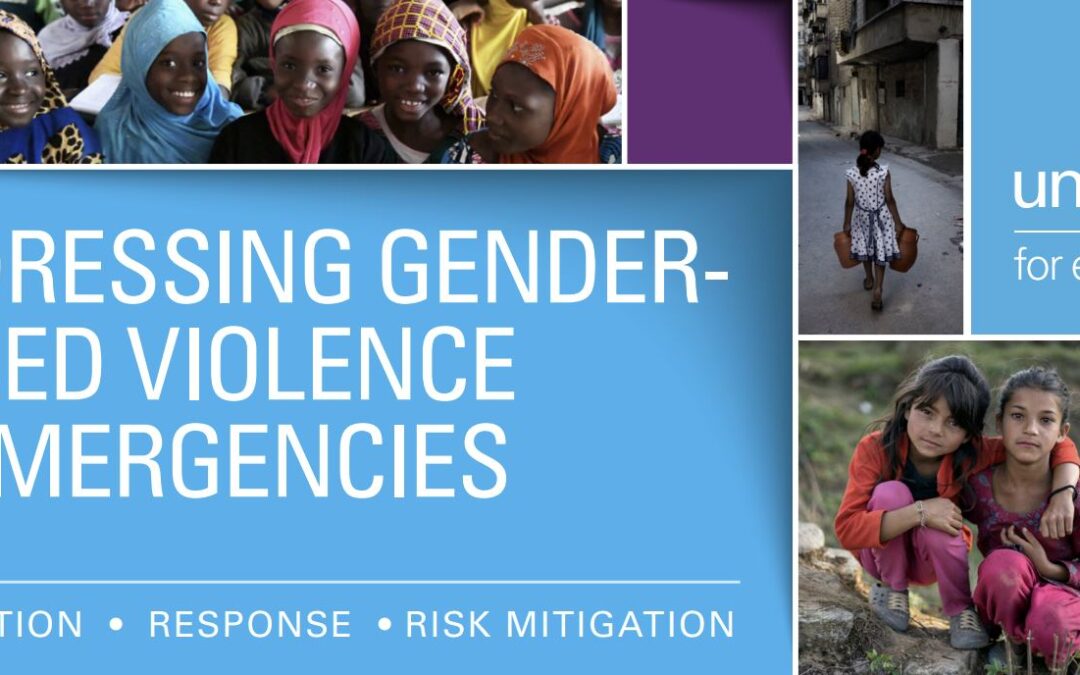
Addressing Gender-Based Violence in Emergencies
This brief provides a summary of why gender-based violence in emergencies matters, alongside UNICEF's commitment and approach.

Caring for Child Survivors of Sexual Abuse: Guidelines for health and psychosocial service providers in humanitarian settings
The International Rescue Committee (IRC) and the United Nations Children’s Fund (UNICEF) have newly developed “Caring for Child Survivors of Sexual Abuse Guidelines” for health and psychosocial providers in humanitarian settings – “CCS Guidelines”. The CCS Guidelines are based on global research and evidence-based field practice, and bring a much-needed fresh and practical approach to helping child survivors, and their families, recover and heal from the oftentimes devastating impacts of...
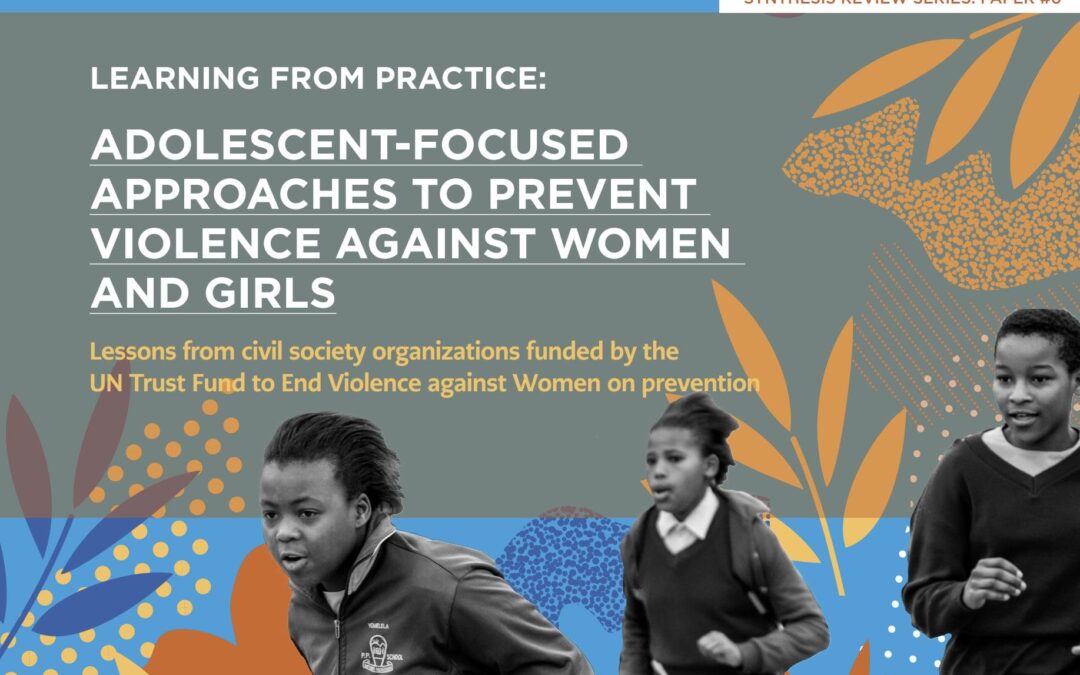
Learning From Practice: Adolescent-focused Approaches to Prevent Violence Against Women and Girls
This synthesis review aims to draw out some cross-cutting best practices, challenges and lessons from 10 diverse interventions to prevent violence against adolescent girls across various settings. These interventions, each centred on a different form of violence against girls, were funded by the UN Trust Fund to End Violence against Women (UN Trust Fund). The interventions focused solely on adolescents (both boys and girls) or an adolescent-focused programme was a subcomponent of a wider...

Background paper: A synthesis of evidence on the collection and use of administrative data on violence against women
This background paper was developed to synthesize evidence, including divergent expert opinions, on the collection and use of VAW administrative data. It was used as the technical document for an Expert Group Meeting (EGM) on Administrative Data on Violence Against Women convened in September 2019 by UN Women. The background paper and the discussions and recommendations coming out of the EGM will inform the development of global guidance on the collection and use of VAW administrative data.

Statistical framework for measuring the gender-related killings of women and girls (also referred to as “femicide/feminicide”)
This document provides a comprehensive statistical framework for measuring gender-based killings of women and girls (femicide/feminicide). In addition to the statistical definition of such killings, the framework identifies a typology of gender-based killings of women and girls and the list of variables that can be used to identify and quantify the different types of such killings.
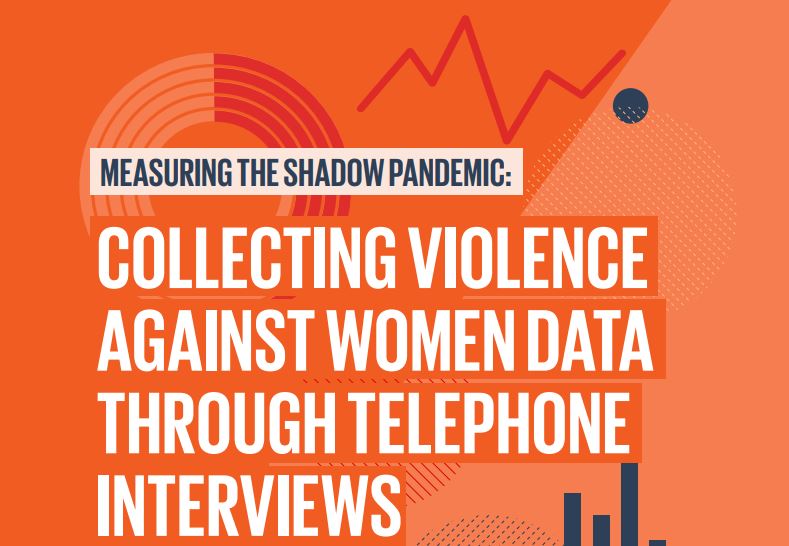
Measuring the shadow pandemic: Collecting violence against women data through telephone interviews – An evidence-based technical guidance
UN Women conducted Rapid Gender Assessments on the impact of COVID-19 on violence against women (VAW RGAs) in 13 countries, in collaboration with Ipsos and with support from national statistical offices and national women’s machineries.The VAW RGAs provided a first opportunity to test existing guidance and recommendations on remote data collection for VAW, and as a result, gathered learnings and empirical evidence, both in terms of safety protocols and VAW measurement. This guidance offers a...

The World’s Women 2015: Trends and Statistics
This sixth edition of The World’s Women: Trends and Statistics provides the latest statistics and analysis on the status of women and men at global and regional levels and reviews the progress towards gender equality over the last 20 years. The eight chapters of the report cover several broad policy areas identified in the 1995 Beijing Platform for Action, the framework that set the international agenda for improving the status of women. These areas include population and families, health,...

Gender-related killings of women and girls: Improving data to improve responses to femicide/feminicide
With the aim of galvanizing global action against this all-too-pervasive crime, UNODC and UN Women have joined forces to produce this research paper on the global estimates of gender-related killings of women and girls in the private sphere in 2021. This paper features policy recommendations to support comprehensive and multisectoral approaches to prevent and address gender-related killings and other forms of gender-based violence against women and girls.
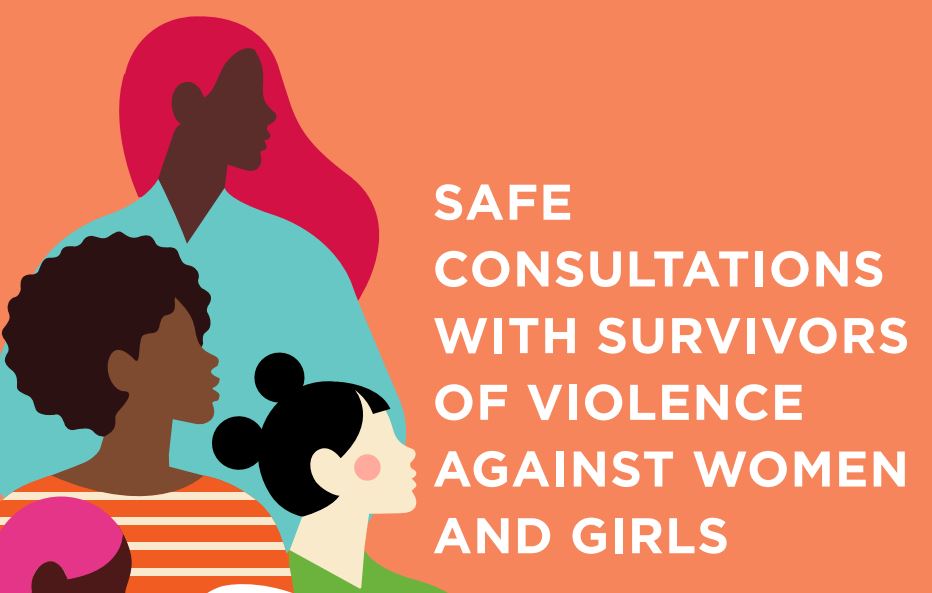
Safe Consultations with Survivors of Violence against Women and Girls
This guidance is intended to help policymakers develop survivor-centred programming on ending violence against women and girls that meets the needs of diverse groups of women and girls, including those who are at higher risk of experiencing violence and discrimination. It is applicable to programming across the health, justice and policing, and social services sectors, as well as coordination of these sectors, and will help improve the standard and delivery of essential services for women and...
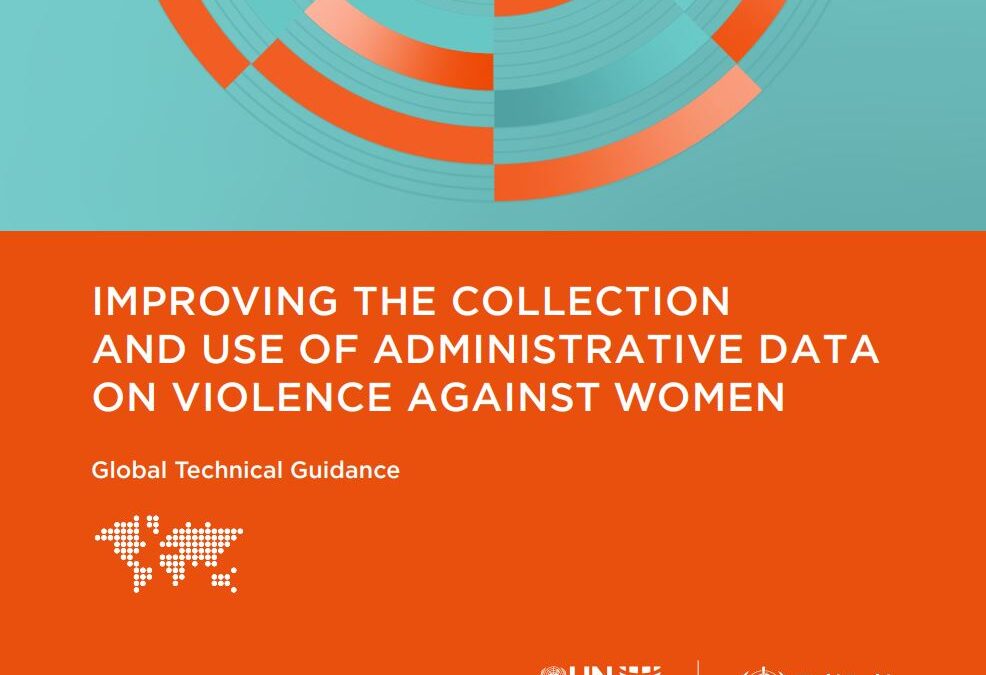
Improving the collection and use of administrative data on violence against women: global technical guidance
This global technical guidance has been developed by the United Nations Entity for Gender Equality and the Empowerment of Women (UN Women), in partnership with the World Health Organization (WHO) through the Joint Programme on Violence Against Women Data and with invaluable advice from an advisory group of experts from UN agencies as well as independent experts.
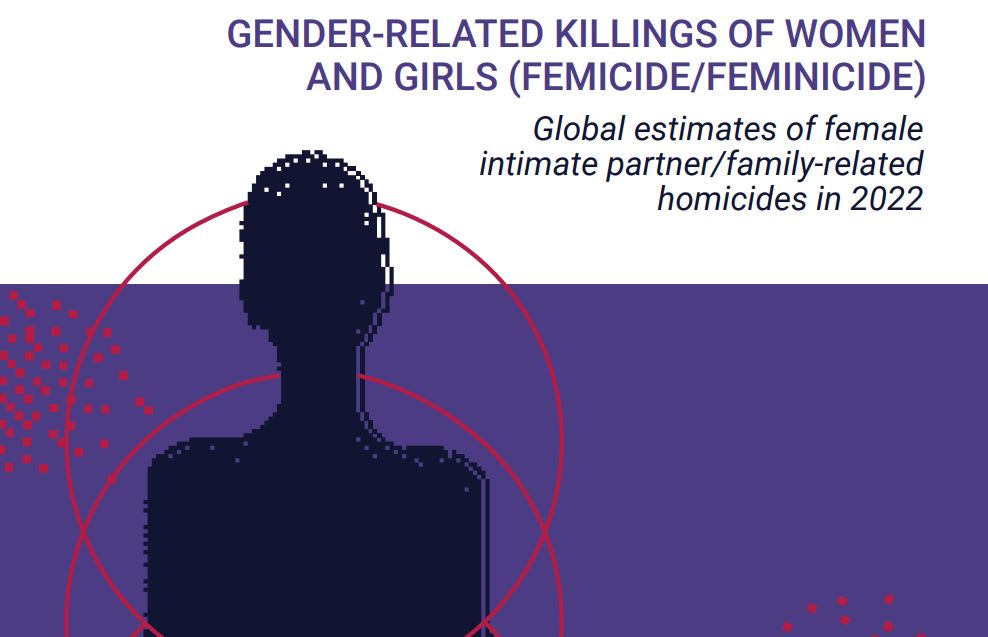
Gender-related Killings of Women and Girls (Femicide/Feminicide): Global estimates of female intimate partner/family-related homicides in 2022
With the aim of galvanizing global action against this crime, the UN Office on Drugs and Crime and UN Women are publishing this second joint publication with global estimates of gender-related killings of women and girls by an intimate partner or family member, with data from 2022. This publication features policy recommendations to prevent gender-related killings, including through risk assessments and protective measures, the establishment of femicide observatories, the criminalization of...

Violence Against Women: An EU-wide Survey – Main Results
This report is based on interviews with 42,000 women across the 28 Member States of the European Union (EU). The survey asked women about their experiences of physical, sexual and psychological violence, including incidents of intimate partner violence (‘domestic violence’), and also asked about stalking, sexual harassment, and the role played by new technologies in women’s experiences of abuse. In addition, it asked about their experiences of violence in childhood.

Violence Against Women: An EU-wide Survey – Survey methodology, sample and fieldwork (Technical Report)
This report presents a detailed overview of the research methods used by FRA when collecting survey data on women’s personal experiences of various forms of violence. FRA started to develop the survey through desk research and stakeholder consultations in 2010, followed by a pre-test study in six EU Member States in 2011 to test a draft questionnaire. The full-scale survey in the EU-28 was carried out in 2012.
Patterns of Womenʼs exposure to psychological violence: A global examination of low- and middle-income countries
Under Sustainable Development Goal 5, prevalence of intimate partner violence (IPV) is a globally reportable indicator. There is a lack of consensus on how to measure and report psychological IPV, affecting prevalence estimates and cross-country comparability. We examine similarities and differences in the patterning of women's experiences of psychological abuse in low- and middle-income countries (LMICs) to inform common cut points.
A scoping review of measurement of violence against women and disability
A scoping review with a focus on measurement to assess the forms of measurement and study design utilized to explore the intersection of violence against women with disabilities, and to identify strengths and limitations in current approaches to measuring violence against women with disabilities. This scoping review is designed to inform current debates and discussions regarding how to generate evidence concerning violence against women with disabilities.
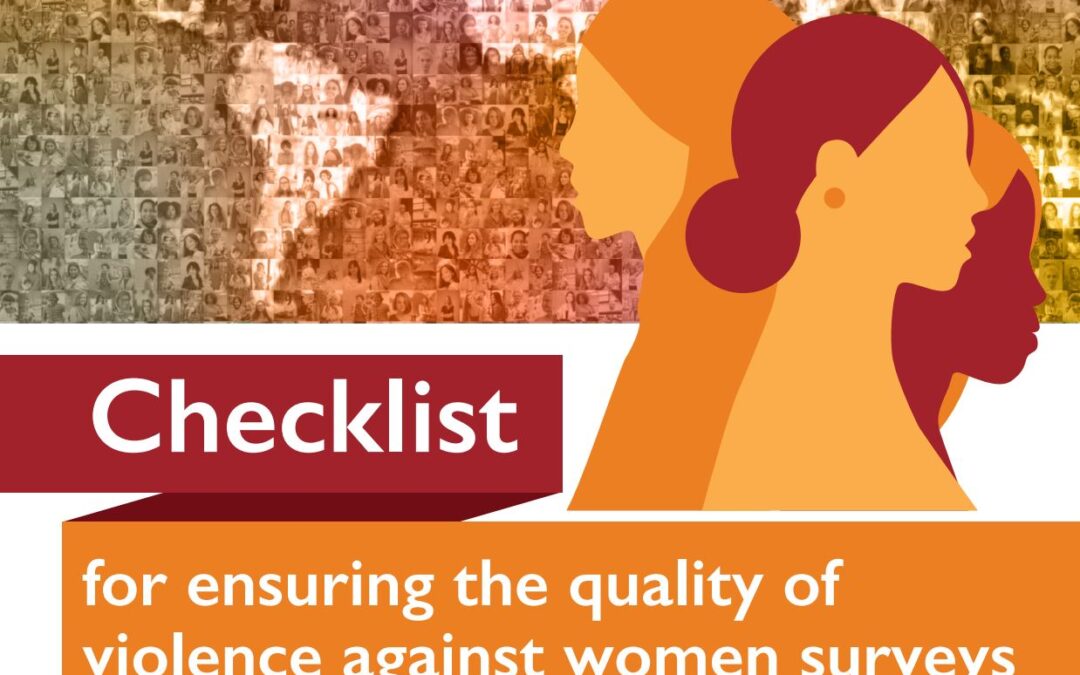
Checklist for ensuring the quality of violence against women surveys
This checklist is designed to help national statistics offices and other national research and data institutions and research teams to think through the steps needed to produce high-quality survey data on intimate partner violence — from the planning stages through to analysis, report write-up and dissemination of accurately interpreted findings. This checklist addresses the specificities of measuring the prevalence of intimate partner violence — one of the most common forms of violence women...

Violence Against Women Prevalence Estimates, 2018
This report is based on an analysis of available prevalence data from surveys and studies conducted between 2000 and 2018, obtained through a systematic and comprehensive review of all available data on the prevalence of these two forms of violence against women.
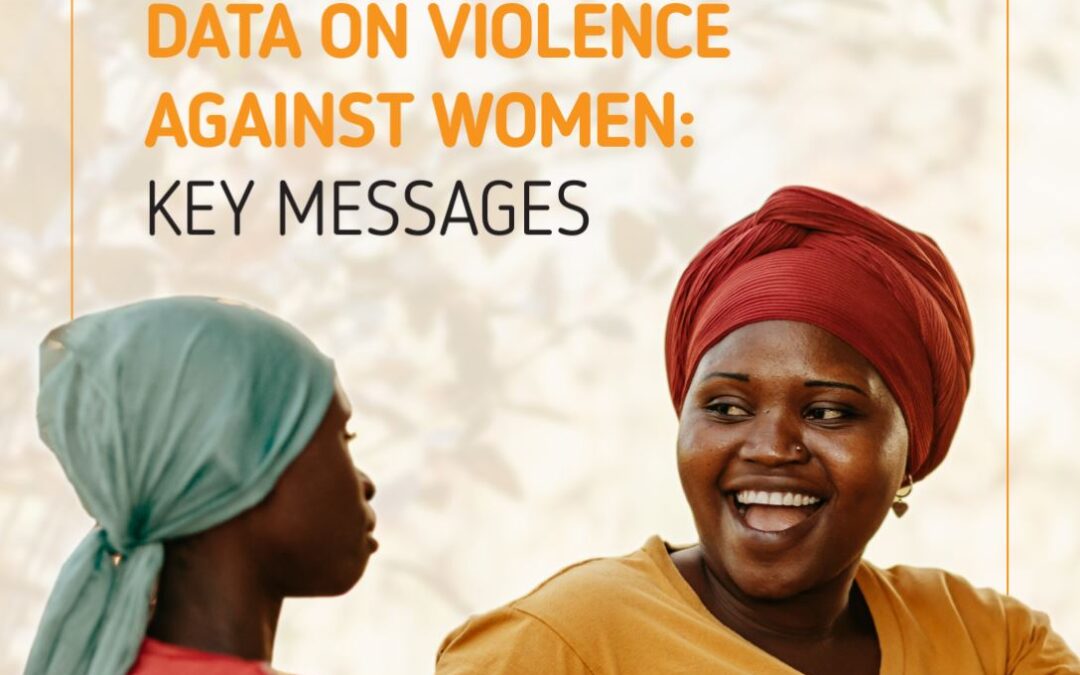
Data on Violence Against Women: Key Messages
This is an overview of key concepts on violence against women data that can be applied globally. It is intended to serve as a complementary resource to a longer technical report entitled "A Guide to Better Understanding and Using Violence Against Women Prevalence Data."
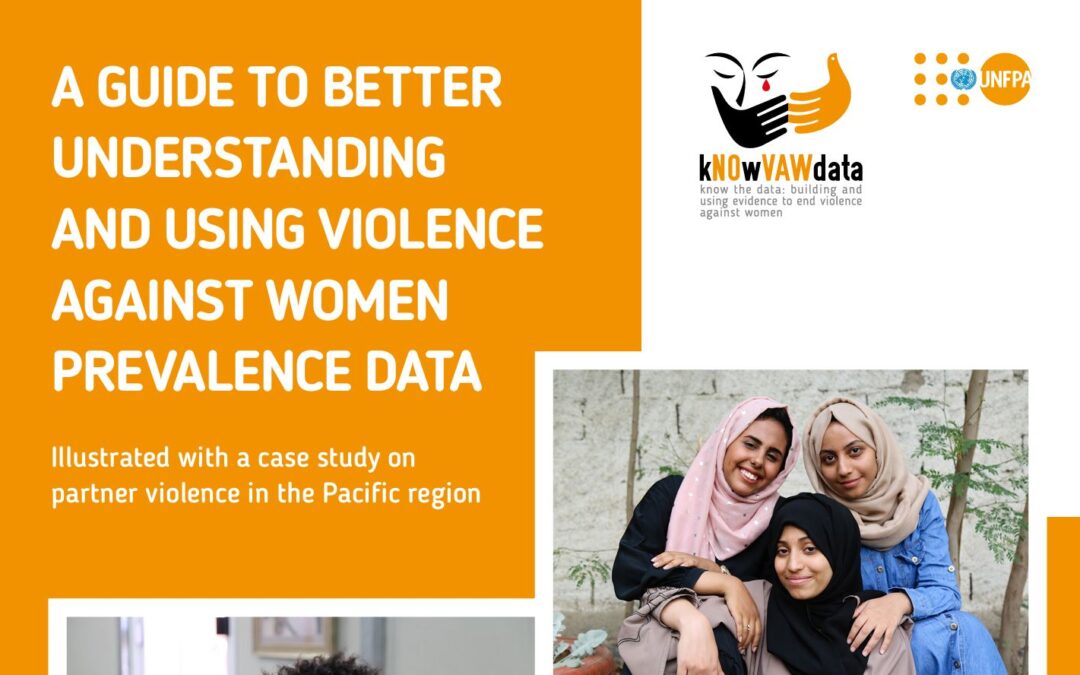
A Guide to Better Understanding and Using Violence Against Women Prevalence Data
Guidelines in this publication provide concepts and principles for the process of interpreting, understanding and using violence against women prevalence data that can be applied globally. A case study with survey data from eleven Pacific island countries is used to illustrate how VAW prevalence data can be analysed and compared to reveal interesting and nuanced patterns in violent behaviour and its drivers of violence.
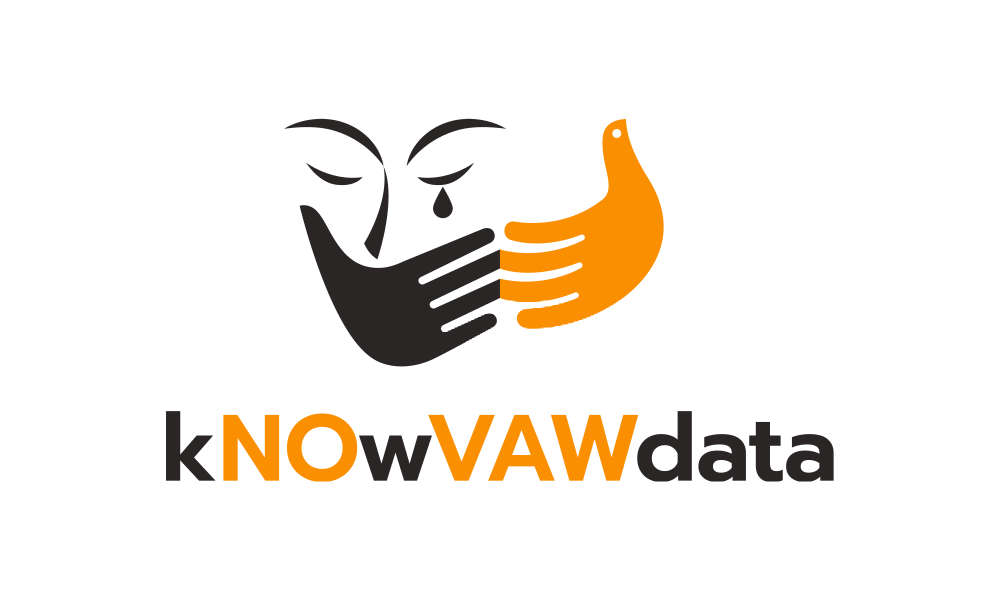
Measuring the Prevalence of Violence against Women with Disabilities
kNOwVAWdata, DFAT and UNFPA, together with the University of Melbourne, brought together national, regional and global experts to discuss what approaches should be taken to ensure that women with disabilities are better represented in national prevalence studies on violence against women.

Gender and IoT (G-IoT) Tech Abuse Guide
How internet-connected devices can affect victims of gender-based domestic and sexual violence and abuse
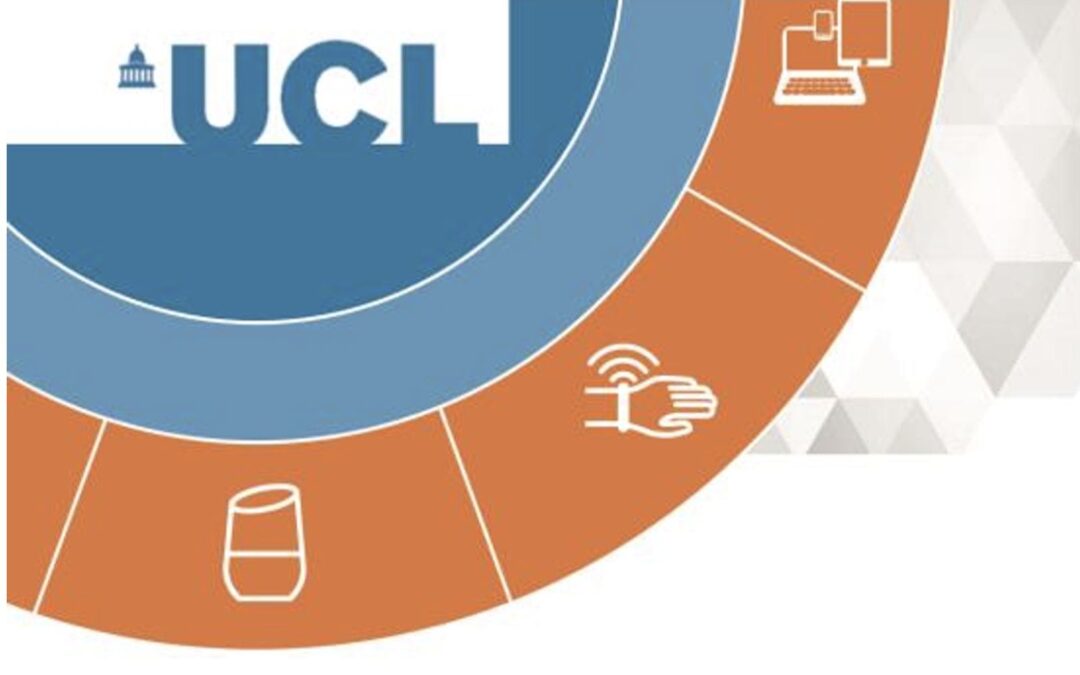
Gender and IoT (G-IoT) Resource List
This resource list is intended as supplementary material to better inform and guide victims and survivors of technology-facilitated abuse as well as those working with them.
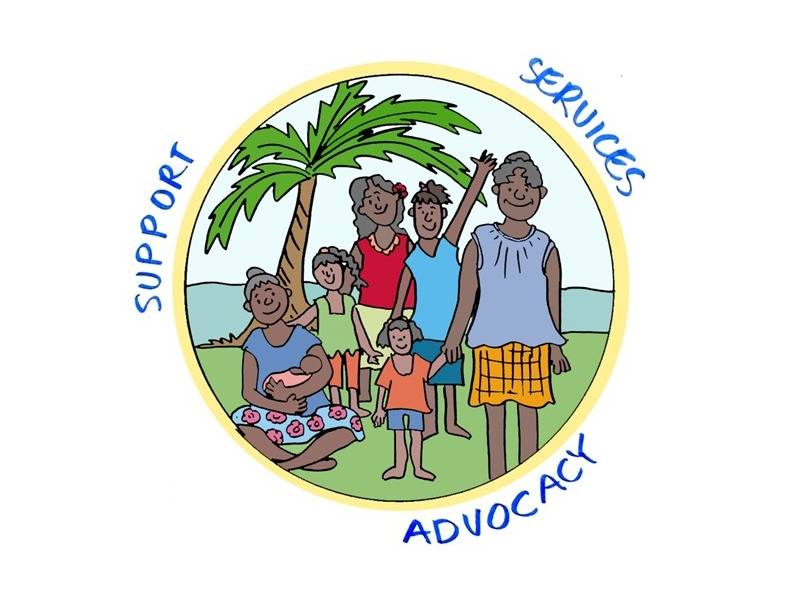
Gender-based Violence Administrative Data Toolkit
Toolkit and templates for multi-sector data collection on gender-based violence. Designed in collaboration with Pacific multi-sector organisations.
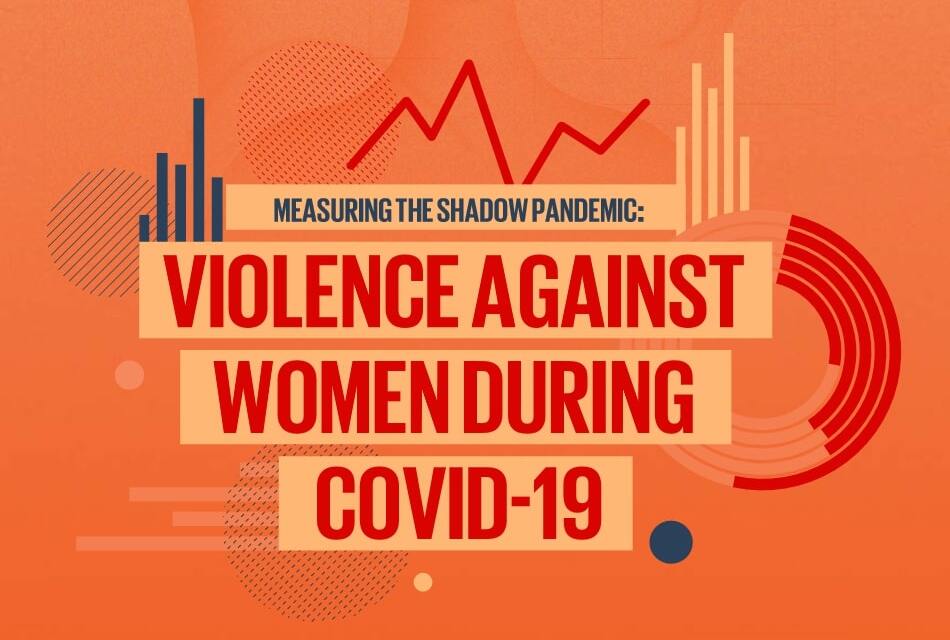
Measuring the shadow pandemic: Violence against women during COVID-19
This publication compiles and analyses the results of Rapid Gender Assessment surveys on the impact of COVID-19 on violence against women (VAW RGAs) in 13 countries.

Due Diligence and State Responsibility to End Violence Against Women: Standards, Indicators and Good Practices
The Due Diligence and State Responsibility to Eliminate Violence against Women: Standards, Indicators and Good Practices project is a research-advocacy project that is collecting good practices and State actions in the formulation, implementation and enforcement of policies, laws, procedures and processes in relation to violence against women.

Indicators on Violence Against Women: kNOwVAWdata’s overview of the Sustainable Development Goal indicators on violence against women
kNOwVAWdata's overview of the Sustainable Development Goal indicators on violence against women
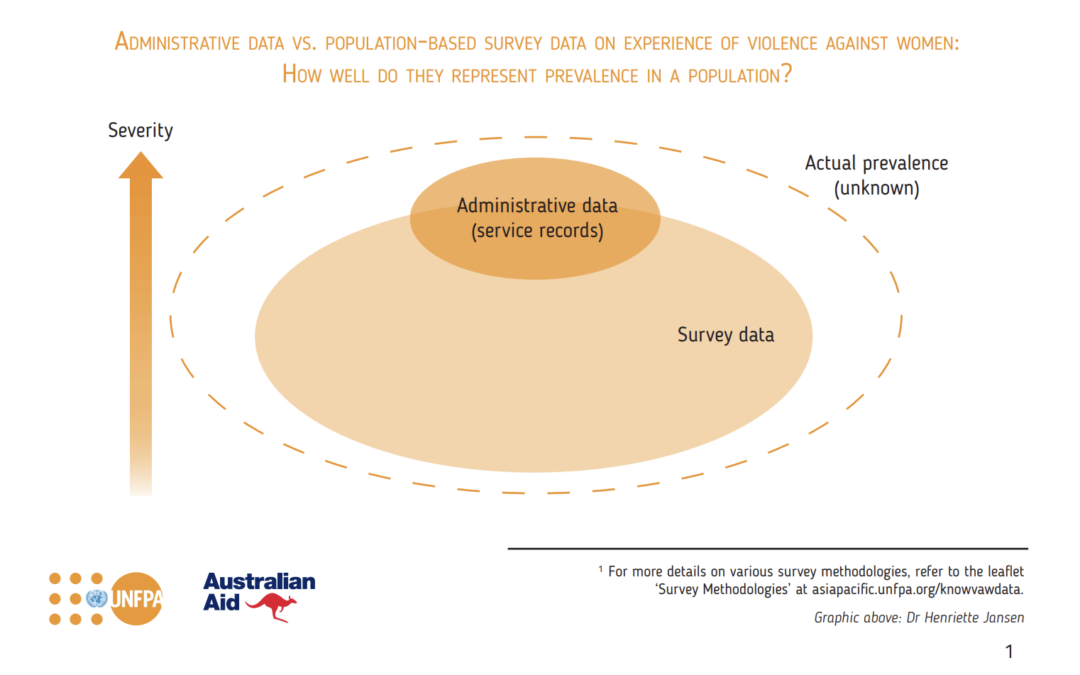
Sources of Violence Against Women Data – kNOwVAWdata
As this leaflet sets out to show, administrative data, while having their utility as a source of information on violence against women, cannot provide an estimate of the prevalence of violence against women taking place within a population.

Violence Against Women Key Terminology: kNOwVAWdata’s explanation of commonly used terminology related to violence against women
kNOwVAWdata's explanation of commonly used terminology related to violence against women

Measuring the Prevalence of Violence Against Women Survey Methodologies – kNOwVAWdata Survey Methodologies
Surveys are the only way to collect data on the prevalence of violence against women (VAW) and thus to get an estimate of the magnitude of the problem in the population. There are two major approaches to collecting population-based data on violence against women using surveys; dedicated surveys or a set of questions/modules added to a large-scale survey.

Six golden principles for interviewing women who may have experienced violence – kNOwVAWdata
Collecting quality and reliable data on violence against women through special surveys is crucial if we want to understand and end the scourge. Drawing on years of international experience, our UNFPA Asia-Pacific technical advisor on violence against women, Dr. Henriette Jansen, shares six golden principles for interviewing women who may have experienced violence.

Putting Women First
Ethical and Safety Recommendations for Research on Domestic Violence Against Women
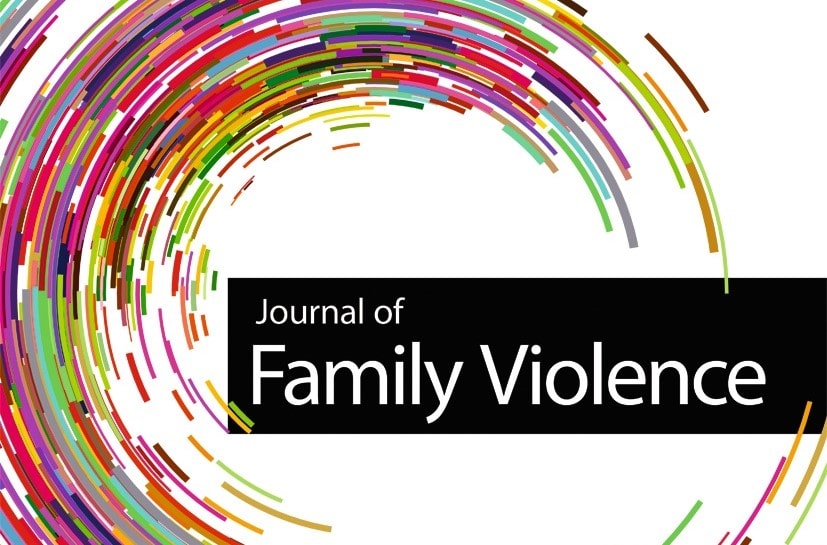
Intersectionality and Invisible Victims: Reflections on Data Challenges and Vicarious Trauma in Femicide, Family and Intimate Partner Homicide Research
This article draws upon the experiences of four researchers in the field of femicide, family and intimate partner homicide - and offers insights into processes, impacts and unintended consequences of fatality reviews and research initiatives

New WHO guidelines on intimate-partner violence
The World Health Organization (WHO) has issued new practice and policy guidelines to help health care practitioners screen, treat and support victims of sexual and partner violence.

Prevalence Rates, Trends and Disparities in Intimate Partner Violence: Power of Data in the IPV Geospatial Dashboard
A dashboard of IPV that features "levels, trends and sociodemographic and geographic, within and across countries, disparities in intimate partner violence in the past 12 months among ever-partnered women."

COVID-19: Reporting on gender-based violence during public health crises
A journalist handbook on how to report on GBV during the pandemic; During a pandemic, lockdowns, curfews and other restrictions on movement are deemed necessary preventative health measures that can save millions of lives. For women and girls, they can also be sources of increased risk of violence and death. This resource is a companion to UNFPA's second edition of Reporting on Gender-based Violence in Humanitarian Settings: A Journalist's Handbook.
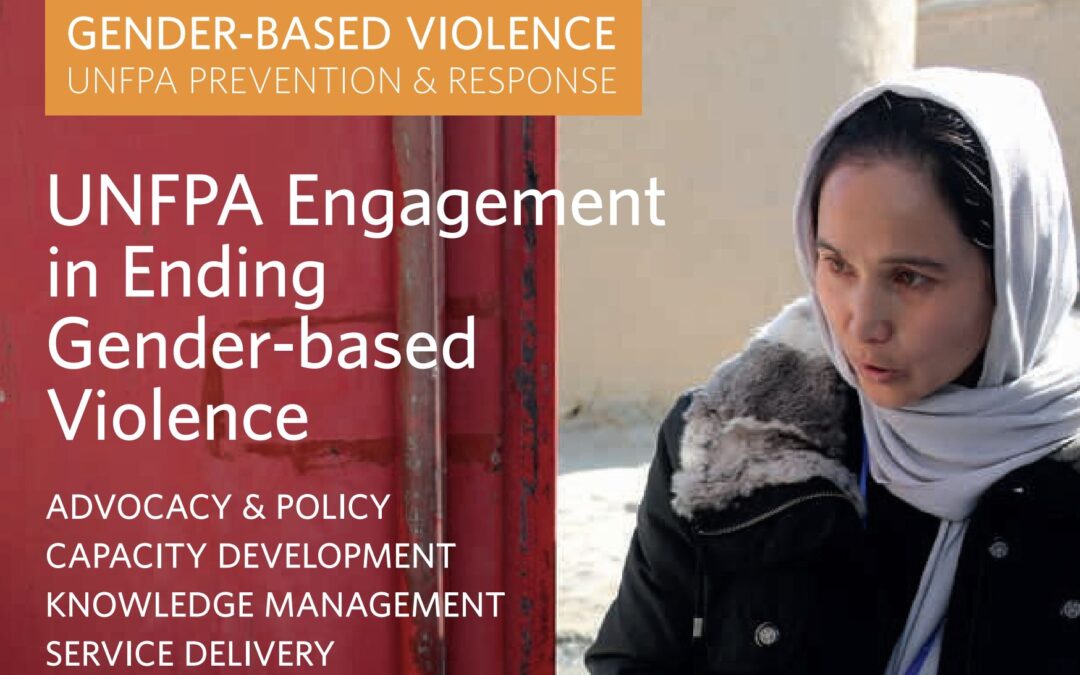
UNFPA Engagement in Ending Gender-based Violence
Page 19-24; discusses collecting data and evidence (with discussions around challenges in gathering data)
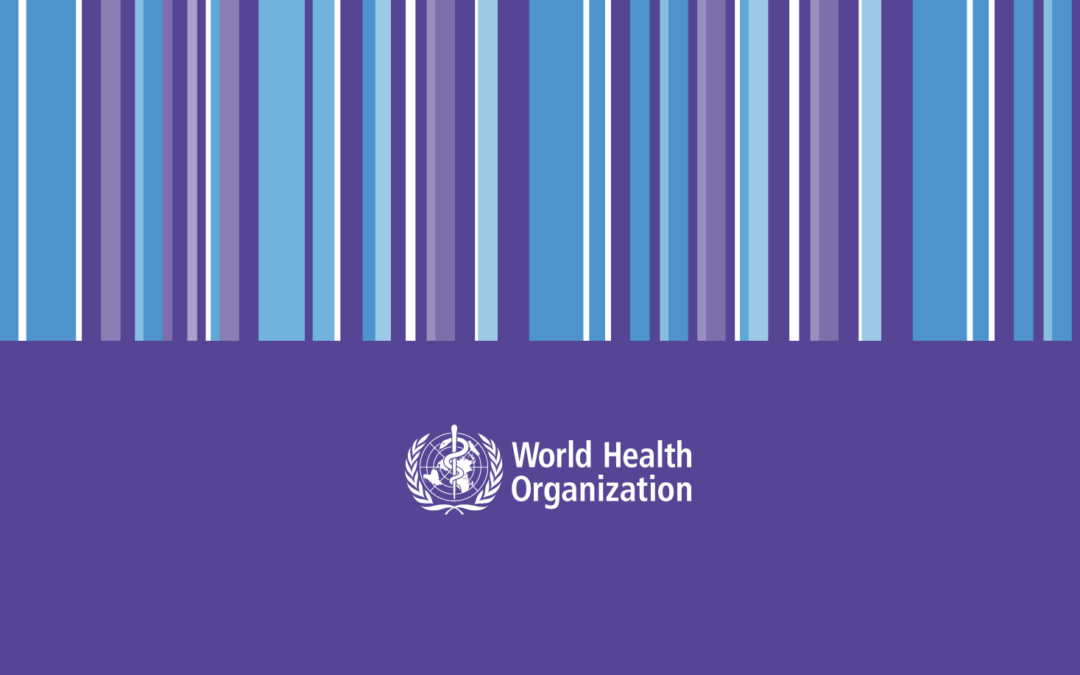
WHO Ethical and safety recommendations for researching, documenting and monitoring sexual violence in emergencies
This document is designed to inform those involved in planning, conducting, funding, reviewing protocols for, approving or supporting information collection on sexual violence in humanitarian settings
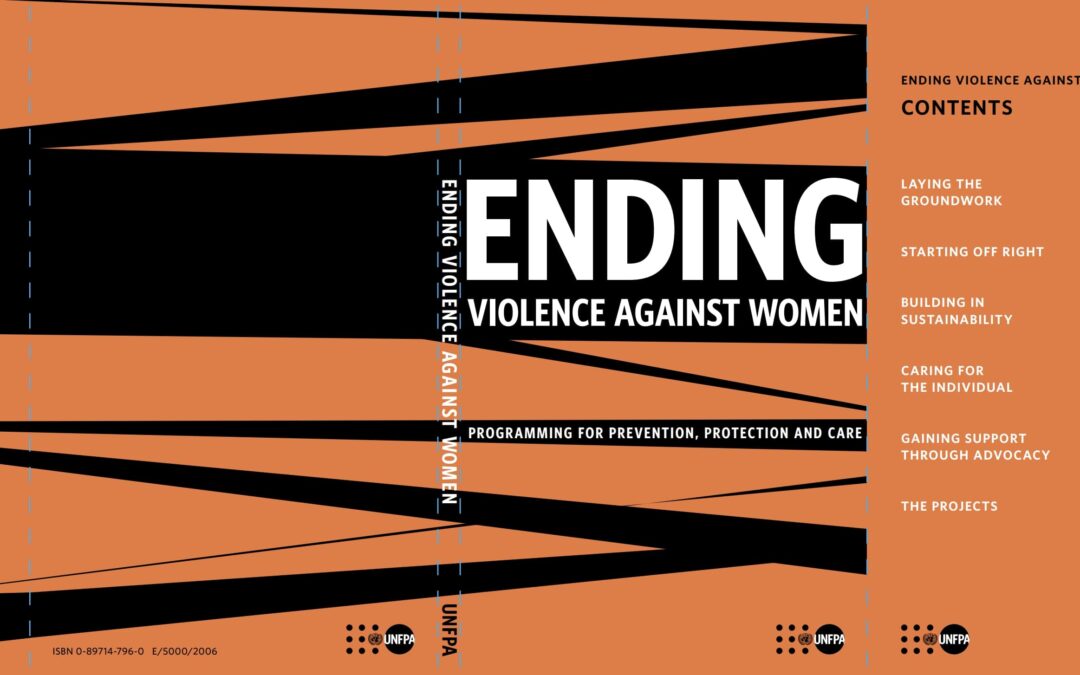
Ending Violence Against Women
Summary of good practices provided in the programming to address Violence Against Women
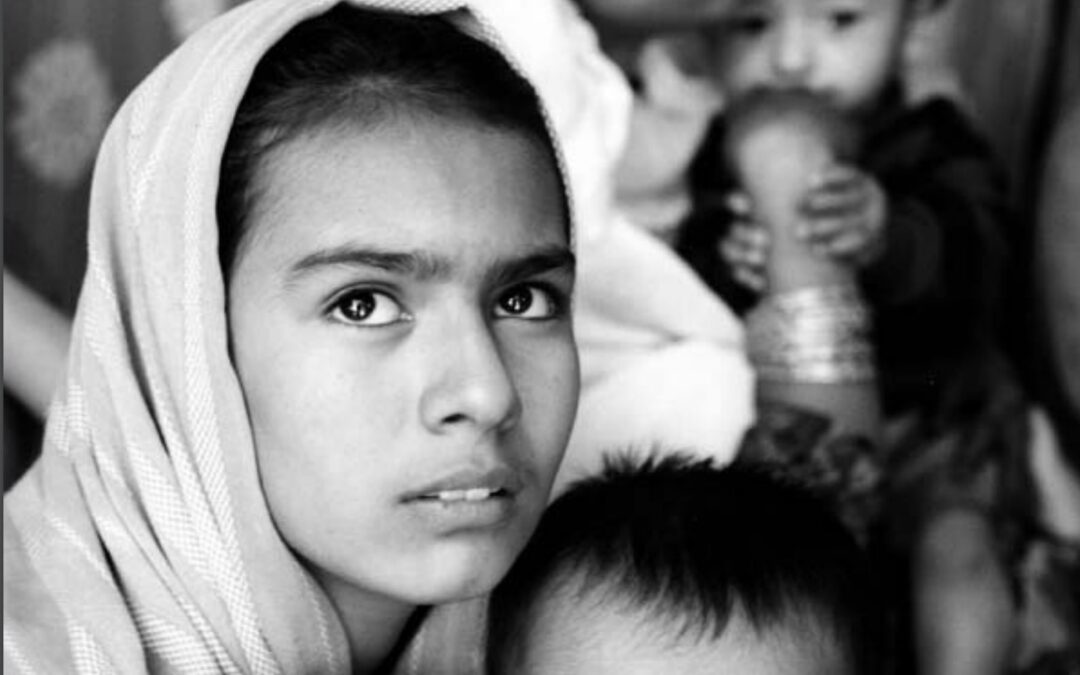
Addressing violence against women: piloting and programming
After the release of the guide: A Practical Approach to Gender-Based Violence: A Programme Guide for Health Care Providers & Managers in 10 countries, presentations and discussions were conducted to evaluate the guide's release (recommendations are presented on page 12) with experts commenting on the challenges of measurement (pg 17)
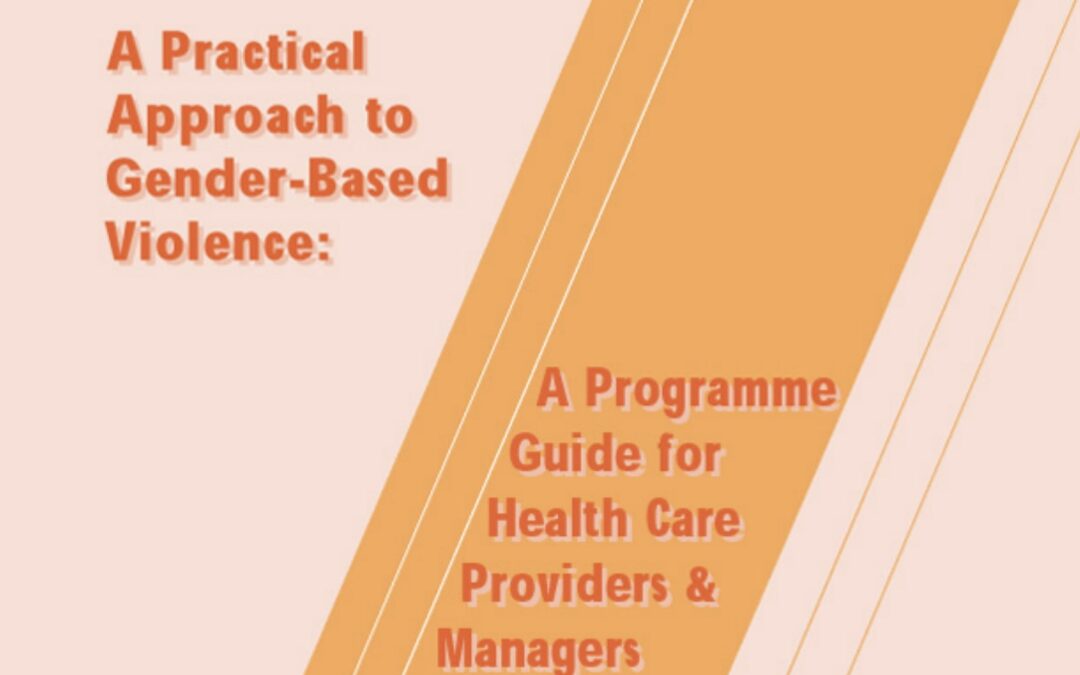
A Practical Approach to Gender-Based Violence: A Programme Guide for Health Care Providers & Managers
Publication that is targeted primarily at health service providers, however is for anyone who wants to undertake a gender-based violence project in any part of the world
